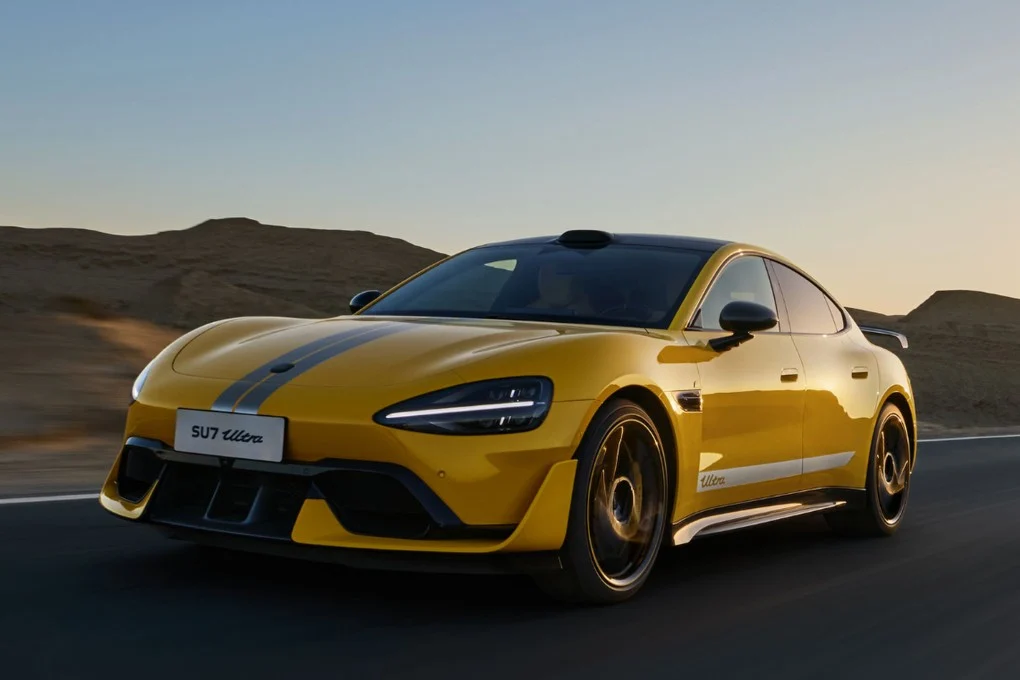- Xiaomi receives over 100,000 locked-in orders for its debut SU7 EV in China.
- The pricing and branding strategy place growing pressure on Tesla’s market share.
What happened: Xiaomi SU7 EV attracts 100,000 locked-in orders in China
Chinese tech giant SU7 has confirmed more than 100,000 “locked‑in” orders for its debut electric vehicle, since deliveries began in late April. The SU7, launched at a starting price of 215,900 yuan (around $29,700), saw demand far exceed supply, prompting Xiaomi to temporarily pause new pre‑orders. Lei Jun, Xiaomi’s founder, called it a “dream car comparable to Porsche and Tesla,” signalling bold ambitions for the brand.
The SU7’s sleek design, advanced in‑car tech, and competitive pricing have helped it gain rapid traction in the world’s largest EV market. The top‑tier SU7 Max offers dual motors, over 500 kilometres of range, and acceleration that rivals Tesla’s Model 3, which starts at a higher 231,900 yuan. Production is supported by Xiaomi’s Beijing factory, capable of rolling out a car every 76 seconds thanks to extensive automation, with Xiaomi aiming to deliver over 100,000 units in 2024.
Also read:Xiaomi enters EV market amid China auto industry challenges
Also read:Xiaomi secures land for EV factory expansion
Why it’s important
Xiaomi’s aggressive entry into the electric vehicle market is reshaping expectations in China, the world’s largest and most competitive EV arena. By offering a sleek, tech-integrated sedan at a lower price point than Tesla’s Model 3, Xiaomi is directly appealing to price-conscious but performance-driven consumers—particularly younger buyers accustomed to the Xiaomi ecosystem. This positions the SU7 not just as a vehicle, but as a mobile extension of the brand’s smart device universe.
The launch also reflects a broader trend of tech companies encroaching on the automotive space, challenging traditional carmakers with fast innovation cycles, software-first approaches, and tight ecosystem integration. Tesla, once seen as the disruptor, is now defending its market share against local players who better understand Chinese consumer preferences and regulatory dynamics.
However, success in consumer electronics does not guarantee long-term results in auto manufacturing. Xiaomi must now prove it can scale efficiently, maintain quality control, and manage customer expectations in a highly demanding industry. As price wars escalate and the market saturates, the real test lies in sustaining delivery, brand loyalty, and post-sale service—areas where many new EV entrants have previously faltered.

